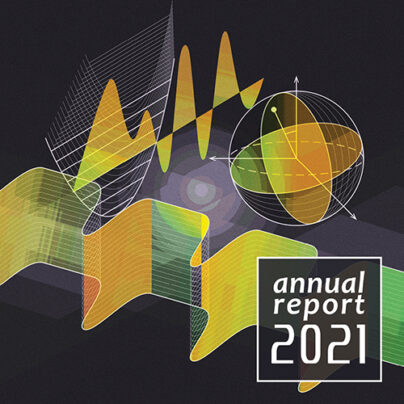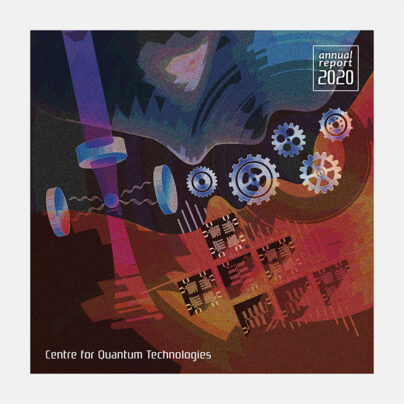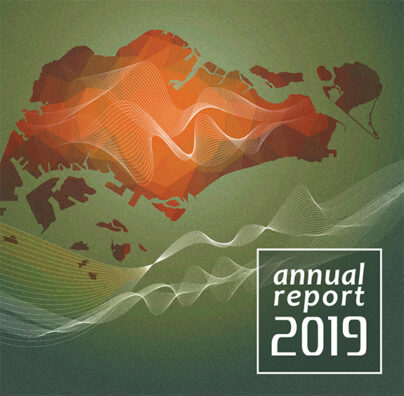Ng Hui Khoon Group

Hui Khoon Ng did her undergraduate in Cornell University, and then completed her PhD (2009) in the group of John Preskill at California Institute of Technology, on the subject of theoretical quantum information and computation. Upon graduation, she returned to Singapore as a postdoctoral researcher at the DSO National Laboratories of Singapore, spending part of her time at the Centre for Quantum Technologies (CQT) at the National University of Singapore (NUS), within the group of Berge Englert. In 2013, she joined, as a faculty member, the then new Yale-NUS College in Singapore, a joint liberal arts and sciences college set up by Yale University and NUS. She has since maintained a joint position in CQT, becoming a CQT Fellow in 2019. Her research focuses on theoretical aspects of quantum computation, particularly on noise control, quantum error correction, and fault tolerance. She currently heads up the Science Division in Yale-NUS, and is the Deputy Director (NUS) for MajuLab, a French CNRS quantum science lab situated in Singapore. She is also Senior Scientific Advisor for Entropica Labs, a quantum startup in Singapore focusing on error correction and fault-tolerant quantum computing.
Ng Hui Khoon Group
The biggest obstacle to the successful implementation of useful quantum information and computation devices is noise. The quantum effects — quantum coherence, quantum correlations, etc. — that give quantum systems their edge over classical ones are highly fragile and require intricate care for their preservation. Noise-suppression techniques, including dynamical decoupling, error correction, and fault tolerance, have seen much progress over the years, with many creative ideas contributing to the overall theoretical confidence in our ability to tackle noise. Furthermore, recent experimental advancements are starting to demonstrate the possibility of implementing some of these strategies in real devices.
Our group studies the effects of noise and its mitigation and correction via quantum error correction and fault tolerance techniques. We seek a better understanding of the characteristics of noise relevant in quantum computational systems, and attempt to narrow the gap between theoretical proposals of noise reduction and practical implementations. This includes, among variations on the same theme, the study and development of quantum error correction and fault tolerance schemes, the characterization of noise parameters useful for noise-adapted treatments, development of experimentally feasible proposals for implementing error correction in real devices, etc. We are a theory group, but we work closely with many experimental collaborators to try to bring fault-tolerant quantum computing closer to reality.
Recent papers
Checking the Model and the Prior for the Constrained Multinomial
Adaptive Quantum State Tomography with Neural Networks
Using prior expansions for prior-data conflict checking
Randomized benchmarking in the presence of time-correlated dephasing noise
User-specified random sampling of quantum channels and its applications















